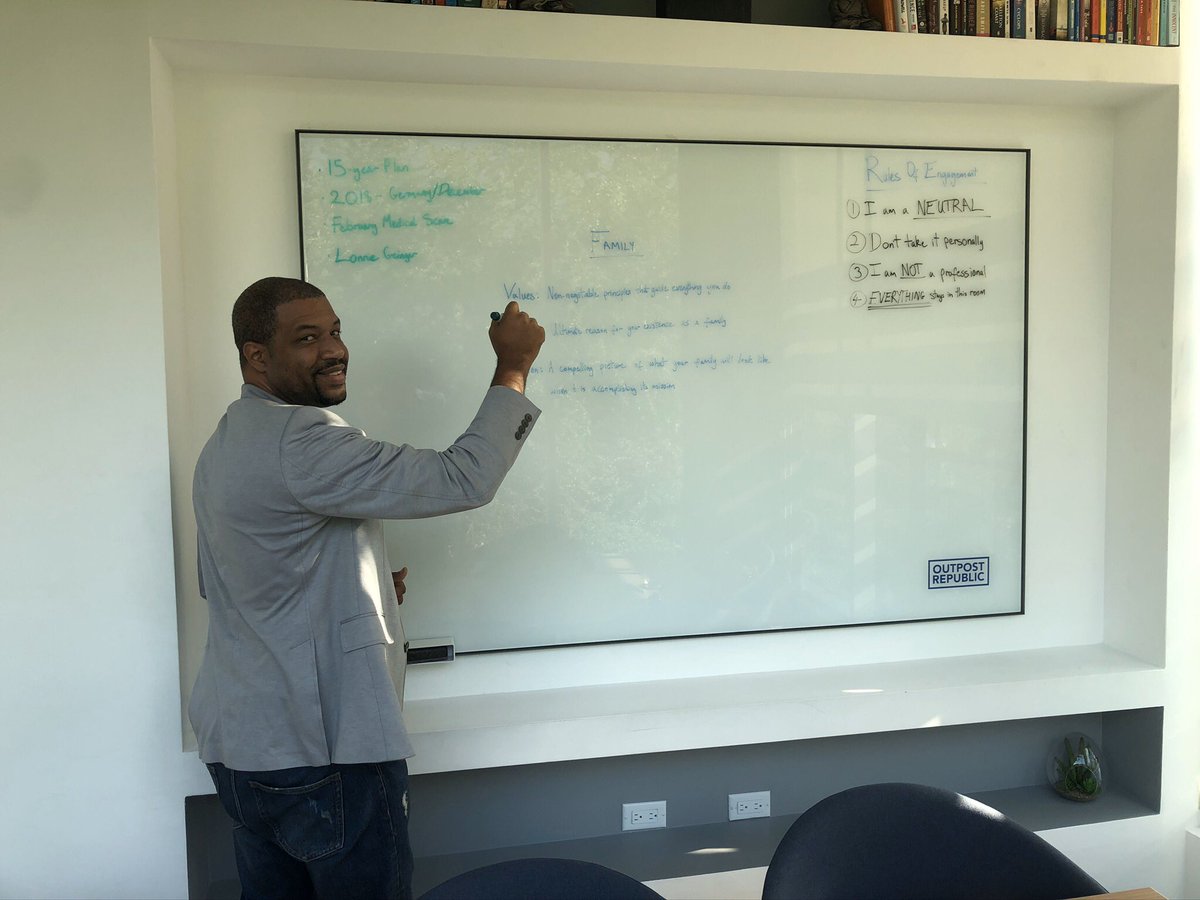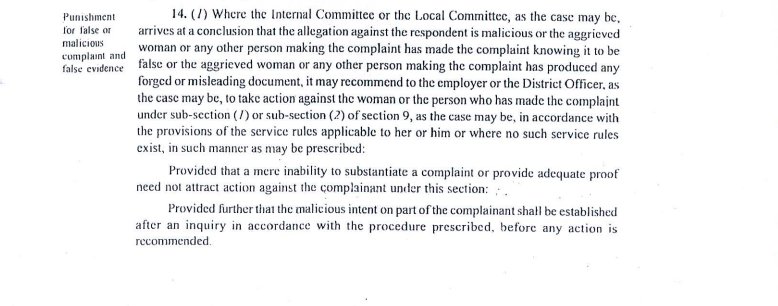This thread started yesterday after I made the comment that 80% of the job market is 'hidden'.
If you want to catch up on Parts 1 & 2, here they are:
Part 1, Mindset:
This is Part 3, and we'll focus on how to actually crack the hidden job market successfully, and then in Part 4, we'll talk about how to ace your interview.
There is a LOT of information to cover, and I could be her for days,
However, you likely won't need them if you put these into practice.
Let's go!
Work with a head hunter, preferably more than one.
A good headhunter is going to know exactly what is going on in your industry.
So, they'll have contacts and information that you won't have access to.
Work with one.
That one is ours!
Remember, the jobs aren't listed, that's why you haven't heard about them,
So proactively start reaching out to the companies you're interested in.
You can also use @LinkedIn in here to find them.
Well, #hiddenjobs tip #3 is to develop a 30 second elevator speech that you can use when talking to them or when you're asked what you do.
It should:
-explain you're looking for a position
-what you're looking for,
-And, most importantly, why you.
You should always be ready to explain why someone should pick you over anyone else.
Modesty is NOT your friend here.
Nor is bragging, but a healthy confidence will make you immensely attractive to employers.
When I worked at Nordstrom in my early 20's, that was one of THE secrets to getting hired there:
If you put your resume in with Customer Service (HR), it never saw daylight.
I know, I know...you don't want a job at Nordstrom, but you get the point.
ACTIVE outreach to everybody is key.
#hiddenjobs tip #4: You have to network, but what does that actually mean?
Let's break it down: It simply means reaching out informally, or less formally, to people you already know or have a connection with.
The first is reaching out to people you know or have worked with previously.
Call them. As in an actual conversation.
Ask about THEM first. Be interested in THEM.
But, don't force the issue.
True story that @nicknanton told me years ago (apologies for butchering the details)
But the head of a major film studio lost his job.
He went on to form Paramount.
Everyday, he would call 10 colleagues.
Actors, directors, producers....everybody.
Just....chat 'em up.
If it came up, he'd mention that he started a new place, and he'd be happy to look at anything.
You can do the same.
While we're at it, why not make it a habit to get a drink once or twice a week at a bar near the companies you want to work at?
I've seen this used successfully MANY times.
You absolutely should be attending trade shows, conferences, and formal networking events that cover your industry.
Plus, you can also join a formal networking group like @ExecuNet
Networking tip #3 (or 4, I lost count): volunteer.
I would look for higher end events where the wealthy and decision makers are found.
THIS is a killer tip:
Send letters explaining what you're looking for (or better yet, a postcard) and what you bring to the table to the HR departments AND managers of the companies you want to work for.
Stop and think about it: the MINUTE a job gets listed, hundreds of applications come pouring in if the job is halfway decent.
How do you stand out?
It's tough. Resumes might get computer scanned and not looked at, or only get 15 secs
You literally have NO competition.
None.
I would go one step further, and send a postcard on goldenrod paper with the same information.
Because mail gets sorted over a wastebasket. And the most important part of getting your mail read is getting it opened and looked at before it gets tossed in the trash.
A golden rod postcard stands out and has your message right there.
&, it's cheaper than a letter.
Remember what I said in mindset: Your job is to find a job. Work as hard in the search as you would in the actual job.
(and, yes, it sucks......I know.)
Seriously, how many emails do you receive in a given day?
They get more, I promise you.
Now, how many personal letters do you get in a month?
Exactly.
To recap:
-Work with a headhunter
-Call potential employers (not just HR, but managers as well)
-Have a 30 second elevator speech
-Network
-Use the mail to reach out.
Anyway, these tips are golden.
Seriously, think about it.
Companies want employees that have drive and ambition, and showing up in a unique way will make you stand out.
Next up, I'll address what to do when you get that job interview in Part 4.
Either tomorrow or Tuesday.
/end, for now.









